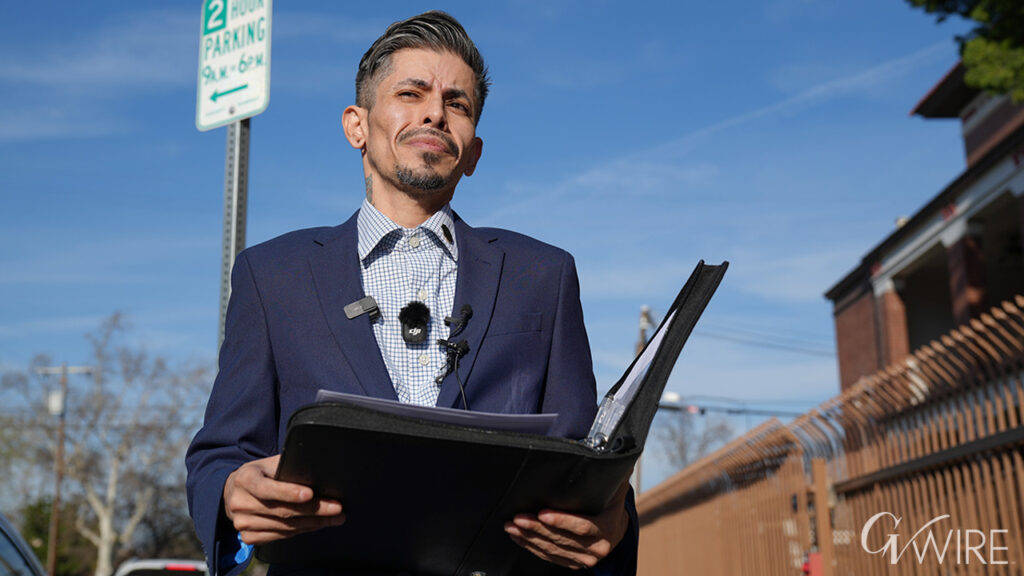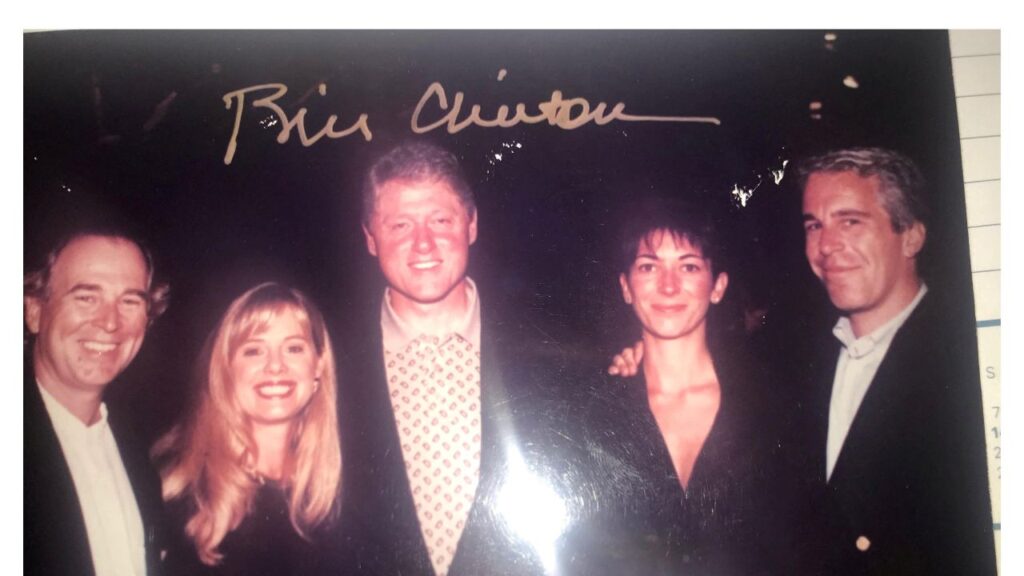Share
|
Getting your Trinity Audio player ready...
|
Over the last decade, as Democrats achieved total control of the state government and their policies took a turn to the left, those who oppose the ideological trend have increasingly used the only avenue still available – ballot measures to overturn what legislators and governors have wrought.
Recent elections have seen a spate of initiatives (to write new laws) and referenda (to block legislative laws) sponsored by business interests to overturn the Capitol’s decrees. Proponents have included the tobacco, bail bond and plastics industries, as well as ride-hailing services such as Uber and Lyft.
Next year, voters are certain to face two other business-sponsored measures: referenda by the fast food and oil industries to block newly enacted regulations on their operations. Others could be added. For instance, were Gov. Gavin Newsom to succeed in imposing fines on gasoline refiners for exceeding profit limits, another oil industry referendum is likely.

Dan Walters
CalMatters
Opinion
New laws being challenged by referenda, including the two already headed for the 2024 ballot, are suspended until voters render final judgment.
Understandably, progressive politicians and their allies, particularly labor unions, dislike business use of ballot measures to thwart their legislative gains. As the syndrome has evolved, there have been efforts to make placing measures on the ballot more difficult.
A few systemic changes have been enacted, affecting the process on the margin, but there hasn’t been a successful frontal assault. In 2018, then-Gov. Jerry Brown vetoed a bill that would have banned paying signature gatherers on a per-name basis, using the same words he used in his 2011 veto of similar legislation.
“Per-signature payment is often the most cost-effective method for collecting the hundreds of thousands of signatures needed to qualify a ballot measure,” Brown wrote. “Eliminating this option will drive up the cost of circulating ballot measures, thereby further favoring the wealthiest interests.”
Critics Say Process Favors Business Groups
Contrarily, those who would make qualification of measures more difficult, or at least more expensive, contend that it’s the current process that favors those with the deepest pockets (i.e. business groups), and that their money encourages paid signature gatherers to lie to voters about proposed measures to persuade them to sign petitions.
Does that occur? Absolutely. But it also happens when labor unions and other left-leaning interest groups circulate their measures and when politicians themselves use the ballot process.
Proposition 47, a 2014 measure sponsored by Brown, was especially deceptive, claiming that it would reduce penalties only for non-violent felons, when it also benefited those who commit certain types of rape, domestic violence and other heinous crimes.
The latest effort to kneecap those who resist the Legislature’s progressive legislation was unveiled Monday – a bill to require that unpaid volunteers gather at least 10% of signatures on all referenda and on initiatives seeking to repeal or amend recently enacted laws.
Assembly Bill 421 also would require paid signature gatherers to undergo mandatory training, register with the state for the specific measures they are presenting to voters, wear badges, and use unique identification numbers that would allow their petitions to be traced back to them.
The coalition of progressive groups advocating AB 421, and its author, Assemblyman Isaac Bryan, a Culver City Democrat, argue that the proposed changes would make the ballot measure process fairer and more transparent.
It’s entirely possible that AB 421 will be enacted, but ironically, business interests could challenge it by referendum.
Moreover, it could run afoul of a 1988 U.S. Supreme Court decision overturning a Colorado law that banned a statute against paid signature gatherers. It declared that petition circulation is “core political speech” and the use of paid signature gatherers is “the most effective, fundamental, and perhaps economical means of achieving direct, one-on-one communication with voters.”
About the Author
Dan Walters has been a journalist for nearly 60 years, spending all but a few of those years working for California newspapers. He began his professional career in 1960, at age 16, at the Humboldt Times. For more columns by Walters, go to calmatters.org/commentary.
Make Your Voice Heard
GV Wire encourages vigorous debate from people and organizations on local, state, and national issues. Submit your op-ed to rreed@gvwire.com for consideration.
RELATED TOPICS:
Categories


















